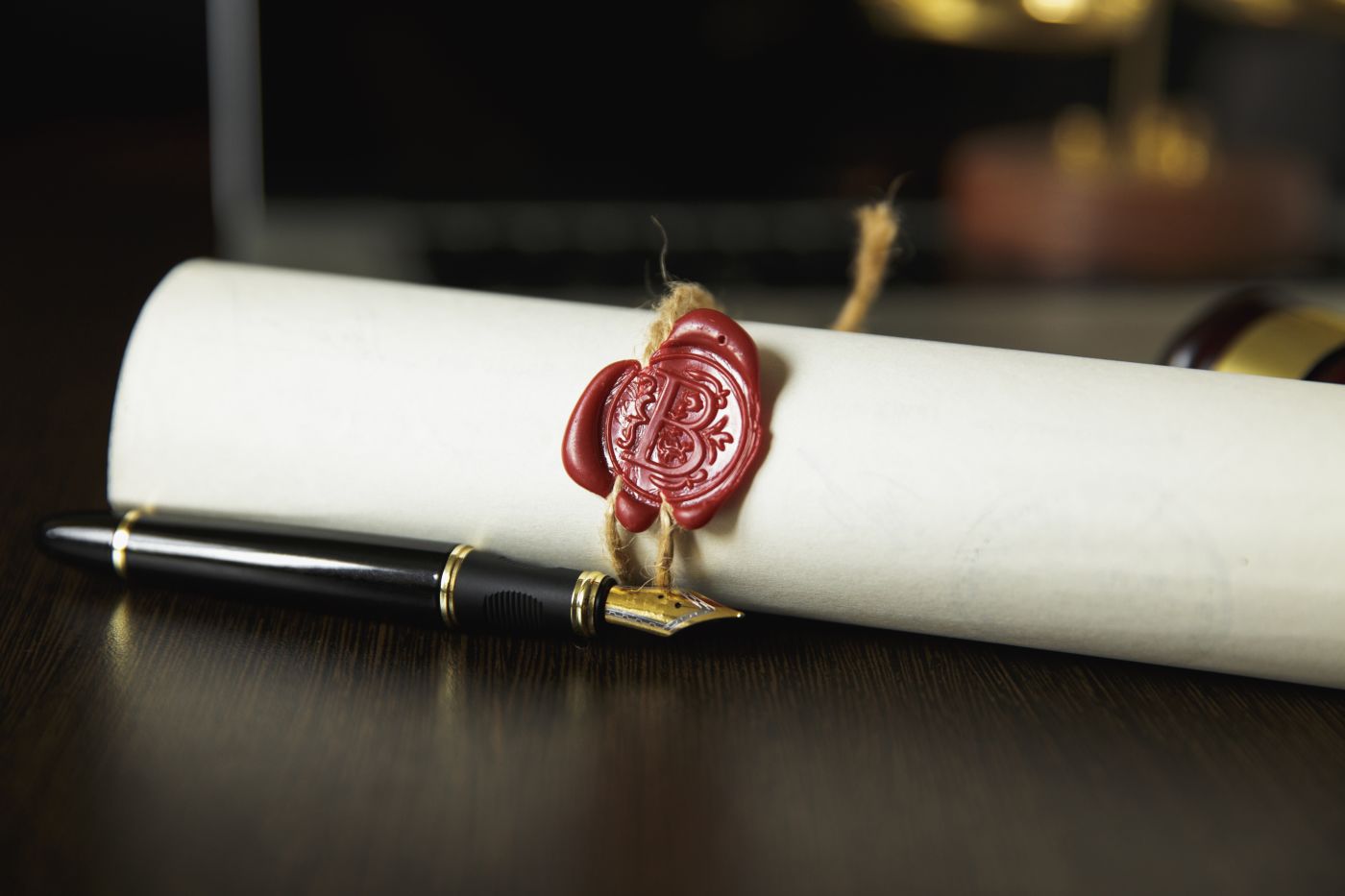If you have assets, such as stocks, property and furnishings, it can be helpful to create an estate plan if you want to pass them along to specific beneficiaries after you pass away in South Carolina. An executor will be in charge of distributing your assets during the probate process. They’ll also pay taxes and expenses related to your estate using an estate checking account. Doing so keeps everything organized and follows the wishes of your will or trust
What’s the purpose of an estate checking account?
When you die with a will stating who you want your assets to be distributed to, a probate process will be implemented to complete this task. During it, your estate will receive an employer identification number (EIN), and the executor will open an estate checking account. This account will receive assets from your existing accounts and the funds received after selling your assets. Using it helps keep an accurate recording of each transaction, ensuring all debts are paid and beneficiaries receive the appropriate assets they’ve been given.
Staying organized and avoiding confusion
After dying, your existing accounts will be closed, and the funds will be transferred to the estate checking account. This action helps organize these funds when distributing assets and paying bills. Using this account to make distributions and pay expenses provides transparency and makes it easier to organize the funds.
Opening an estate checking account
An estate checking account can be opened at the same bank where your existing accounts are held. To open an estate checking account, the probate process must begin. An initial deposit will be made, and the executor will obtain a copy of your will or trust.
Using an estate checking account is essential to avoid confusion. Replacing existing accounts with it should make the probate process more straightforward and transparent.



